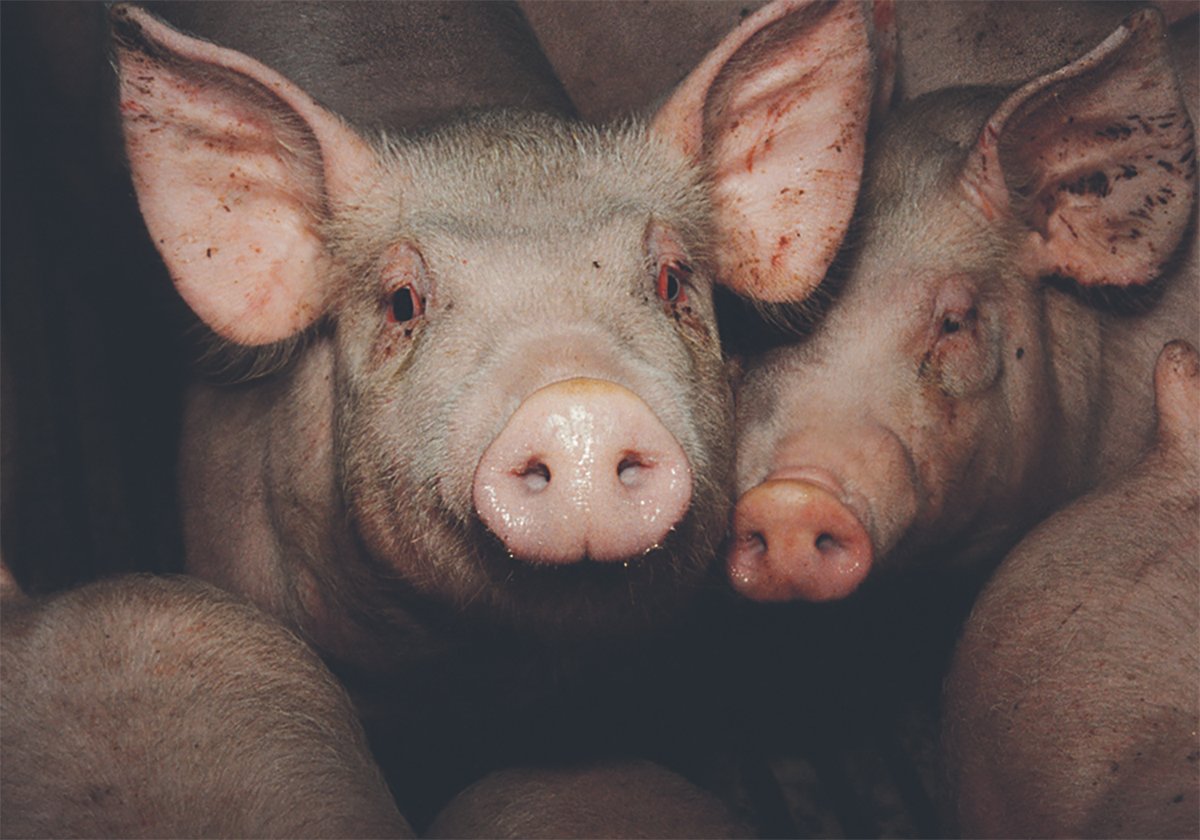Consumers are demanding high production standards; the cattle industry needs to accept it and have an auditing system to back it up, says Cargill official
CORRECTION – this article originally contained some incorrect information. U.S. feedlots must be part of the Beef Quality Assurance program developed by the National Cattlemen’s Beef Association, while Canadians need to be certified under the a new feedlot animal welfare program developed by the National Cattle Feeders Association. The Feedlot Animal Care Assessment tool for auditing animal welfare has certified audit status from the Professional Animal Auditor Certification Organization, Inc. (PAACO).
MANHATTAN, Kan. — Cargill Meat Solutions wants 90 percent of its cattle supply sourced from a certified quality assurance program by 2018.
Read Also

The Western Producer Livestock Report – October 30, 2025
Western Producer Livestock Report for October 30, 2025. See U.S. & Canadian hog prices, Canadian bison & lamb market data and sales insights.
By 2019, it expects the Canadian beef industry to follow suit.
Mike Siemens of Cargill said more customers are demanding certification to prove cattle receive the highest level of health and welfare care, and packers must exert pressure on suppliers to make sure they comply with public demands that animals are well treated from the farm to the kill floor.
“We cannot hide behind science anymore. We have got to listen to what people are talking about,” he told the International Beef Welfare Symposium held earlier this summer in Manhattan, Kansas.
There are hundreds of branded beef programs in the United States, but some have such high standards that few can comply.
“Consumers want wholesome, inexpensive food, and we sometimes have customers who make promises that are unrealistic,” he said.
U.S. feedlots must be part of the Beef Quality Assurance program developed by the National Cattlemen’s Beef Association, while Canadians need to be certified under a new feedlot animal welfare program developed by the National Cattle Feeders Association. The Feedlot Animal Care Assessment tool for auditing animal welfare has certified audit status from the Professional Auditor Certification Organization, Inc. (PAACO).
Cargill also accepts a newly released feedlot animal welfare program developed by the National Cattle Feeders Association.
The company believes the programs are all encompassing, so in time the requirements will also affect backgrounders and ranches. Similar requests have gone to the dairy industry because cattle from that sector often end up as beef.
Alberta Beef Producers chair Bob Lowe said Canada can meet these requirements through the Verified Beef Program and the Canadian Roundtable on Sustainable Beef.
“Packers have the power to make it happen,” said Lowe, who was heavily involved in McDonald’s sustainable beef pilot project.
He said producers need to be trained and certified through the Verified Beef Program and accept it as a part of doing business.
“In the end, it will make a better product. We have got to compete with pork, chicken and soybeans,” he said.
The latest version of the Verified Beef Program, which was launched June 15, includes training and auditing for enhanced animal care, biosecurity, food safety and environmental stewardship.
“I believe we have to be there as an industry, not just a few producers,” he said in an interview.
Producers may think they are doing everything correctly, but it’s becoming increasingly important to be able to prove it.
“Consumers do want to trust that their food is produced in a sound, humane manner with as little impact on the environment as possible,” he said. “You need the auditing system as a backup.”
Producers need to adopt the program voluntarily rather than be forced to do so in the future.
However, Lowe said it should not be considered a burden.
“We’ve proved with McDonald’s, it can be done,” he said.
Lowe believes verified sustainable beef will ultimately be a retail label that tells consumers cattle were raised responsibly and sustainably.
More producers are becoming aware of these changes, especially after the controversy over the Earls restaurant chain’s decision to buy only certified humane meat and to buy it from the United States because there was no similar program in Canada.
Cargill processes meat for customers from grocery stores to restaurants and started revising its antibiotic and animal welfare policies in the last year, said Siemens.
Activist groups protesting the treatment of animals had some influence, but more companies have also decided there is a moral obligation to implement higher production standards.
Cargill wants to clamp down on how cull animals are handled because it sees too many arriving at plants with damaged udders and prolapses, fatigued or that can barely walk.
“We want better control and management of these cull cows,” he said.
The company is scheduling meetings with dairy organizations in Pennsylvania, Wisconsin, Ontario and Alberta to educate producers on what it expects. It supports the Canadian Dairy Farmers’ quality assurance program, ProAction.
Transporters must also get on board to prevent injuries, and Cargill would like to see more receive training and certification on the proper handling of livestock.
Siemens cited the Canadian Livestock Transporters training program as a credible, comprehensive certification course that shows drivers the importance of ensuring cattle and pigs arrive at their final destination in good shape.















